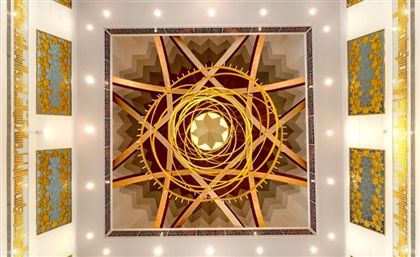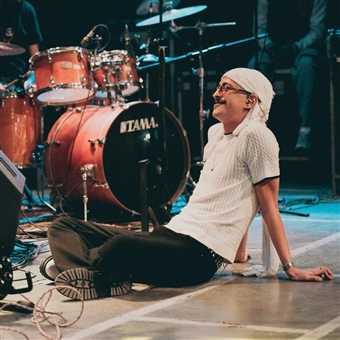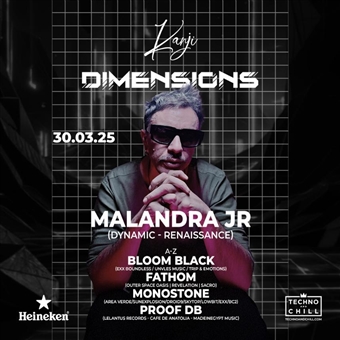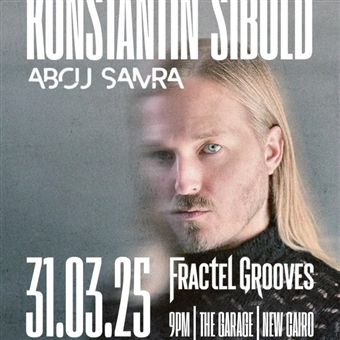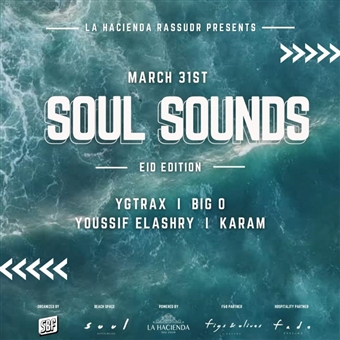Saudi Arabia's Crucifixion Scandal
While Saudi Arabia crucifies the decapitated bodies of its citizens, left to rot for three days in public, the UN appoints the Saudi employed ambassador in Geneva to be Chief of Human Rights Panel...
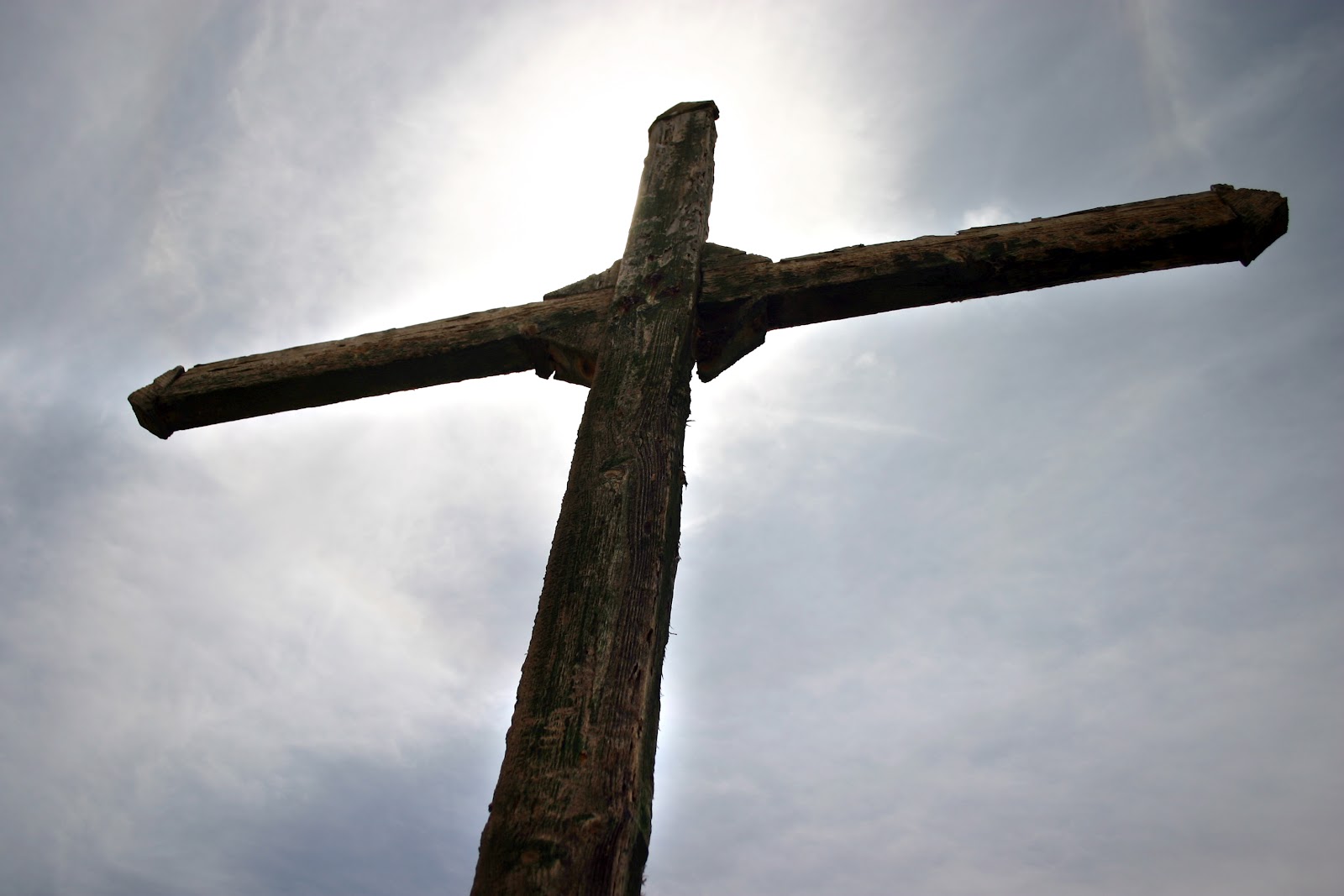
In a surreal twist of events, UN Watch, whose slogan is “Monitoring the United Nations. Promoting Human Rights,” elected Faisal Trad, Saudi Arabia’s ambassador in Geneva to be Chair of UN Human Rights Council Panel yesterday.
Only a few days earlier, it has been revealed that the Saudi government sentenced a 21-year old to death by beheading, who will then be crucified so the body rots in public for three days. Saudi Arabia claims to follow Islamic Sharia law which, in spite of its general controversial validity, would never allow barbaric crucifixion and gibbeting.

Ali Mohamed Al Nimr
A few months before that, blogger and family man Raif Badawi, was sentenced to 1000 lashes to be delivered in installments of 50 lashes every Friday, in addition to 10 years in prison, and a one million Riyal fine, with a possibility of being retried for apostasy and duly executed.

Raif Badawi
These two cases mentioned above, are the ‘lucky’ ones who made it to international media enraging people around the world beyond the mute Middle East, who stand in protest outside Saudi embassies and signing Amnesty petitions. The rest are unrecorded incidents of extreme violations of human rights. Saudi Arabia has the highest toll of deaths by execution in the world. They have beheaded more people than ISIS this year in the name of religion.

Sheikh Al-Nimr
The charges
Badawi who criticised the government and not religion on his blog, was charged with ‘insulting Islam’. Meanwhile, Ali Mohammed al-Nimr, the 21-year old sentenced to death and crucifixion, who was arrested at the age of 17 in 2012 for taking part in protests against the government, was charged with being part of a terrorist group and inciting others to protest, after being brutally tortured into signing a ‘confession’. The outrage against this sentence shed light on an older piece of news from October 2014, where the young man’s uncle was also sentenced to beheading, and crucifixion of the decapitated body for ‘waging war against God’. The relationship between the two was not a coincidence. Al-Nimr is a very well known Shi’ite cleric, whose family is highly influential amongst the Shi’ite sect of 2.7 million, most of whom live in Al Quatif, and Al Ahsa districts, which happen to contain the majority of Sunni ruled Saudi Arabia’s oil.
The link
The common factor between Badawi, and Al-Nimr, and his nephew Ali, is that they all threaten the autocratic rule of House of Saud, that has been in power since the 30s using Wahhabism, a specific interpretation of Islam, and thus fracturing it at its core. The government retaliates by enforcing brutally austere sentences that are very graphic, spilling lots of blood and displaying the decaying bodies to horrify anyone who thinks of questioning their authority.
By resorting to such extremely morbid measures, one can only deduce that the Saudi government itself is terrified of people’s awakening. Is this a good sign? Does their terror of their people mean they are actually losing control?
More importantly, in the light of these events, what does electing the Saudi ambassador to be Chief of the UN Human Rights Council Panel mean? What does he have to say now in this new position about the crimes against humanity committed by the government that employs him? On a larger scale, what do those who elected him have in mind exactly?

Badawi continues to serve his sentence and is due for another set of lashings soon, and the Al-Nimrs are due to be beheaded and left to rot in public on a cross within weeks if not days. A date is never set for executions in Saudi Arabia, and the families of the victims are never informed of anything regarding the case.








